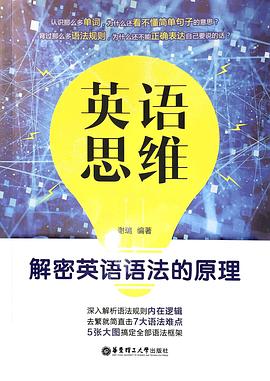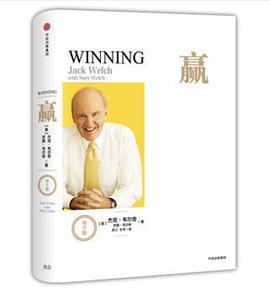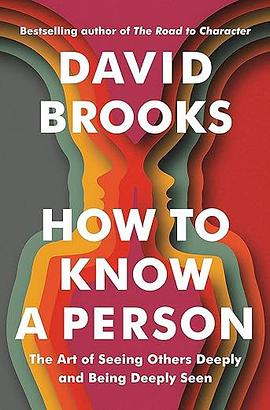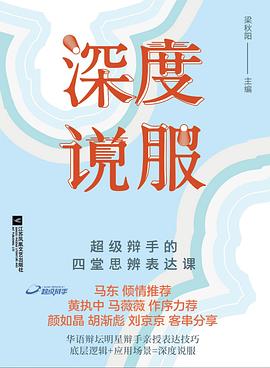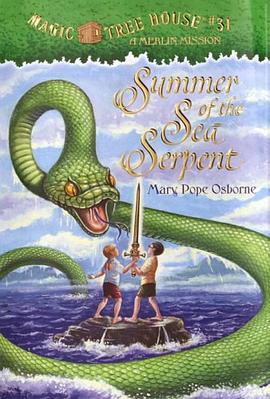Speaking of Profit
内容简介
In the first half of the nineteenth century the Qing Empire faced a crisis. It was broadly perceived both inside and outside of government that the “prosperous age” of the eighteenth century was over. Bureaucratic corruption and malaise, population pressure and food shortages, ecological and infrastructural decay, domestic and frontier rebellion, adverse balances of trade, and, eventually, a previously inconceivable foreign threat from the West seemed to present hopelessly daunting challenges.
This study uses the literati reformer Bao Shichen as a prism to understand contemporary perceptions of and proposed solutions to this general crisis. Though Bao only briefly and inconsequentially served in office himself, he was widely recognized as an expert on each of these matters, and his advice was regularly sought by reform-minded administrators. From examination of his thought on bureaucratic and fiscal restructuring, agricultural improvement, the grain tribute administration, the salt monopoly, monetary policy, and foreign relations, Bao emerges as a consistent advocate of the hard-nosed pursuit of material “profit,” in the interests not only of the rural populace but also of the Chinese state and nation, anticipating the arguments of “self-strengthening” reformers later in the century.
......(更多)
作者简介
William T. Rowe is John and Diane Cooke Professor of Chinese History at Johns Hopkins University.
......(更多)
目录
读书文摘
如1975年在湘黔边界爆发的苗民起义,标志着该地区数十年来摇摆不定的民族政策最终失败。
最近一些学术研究对嘉庆朝提出了更为积极的看法,强调朝代革新产生了复兴的效果,至少持续了数十年,也许直到道光萧条和第一次鸦片战争出现新的成胁之前。相较而言,直到今天道光帝仍被视为不成熟且优柔寡断的皇帝。关文发似乎是为了与百年后的“清末新政”相呼应,将嘉庆初年的一系列改革称为“嘉庆新政”。
......(更多)

